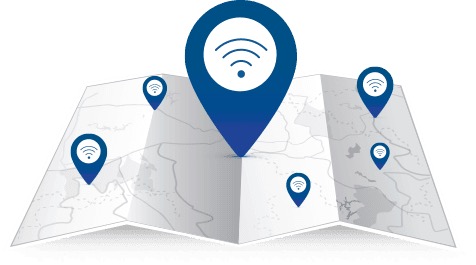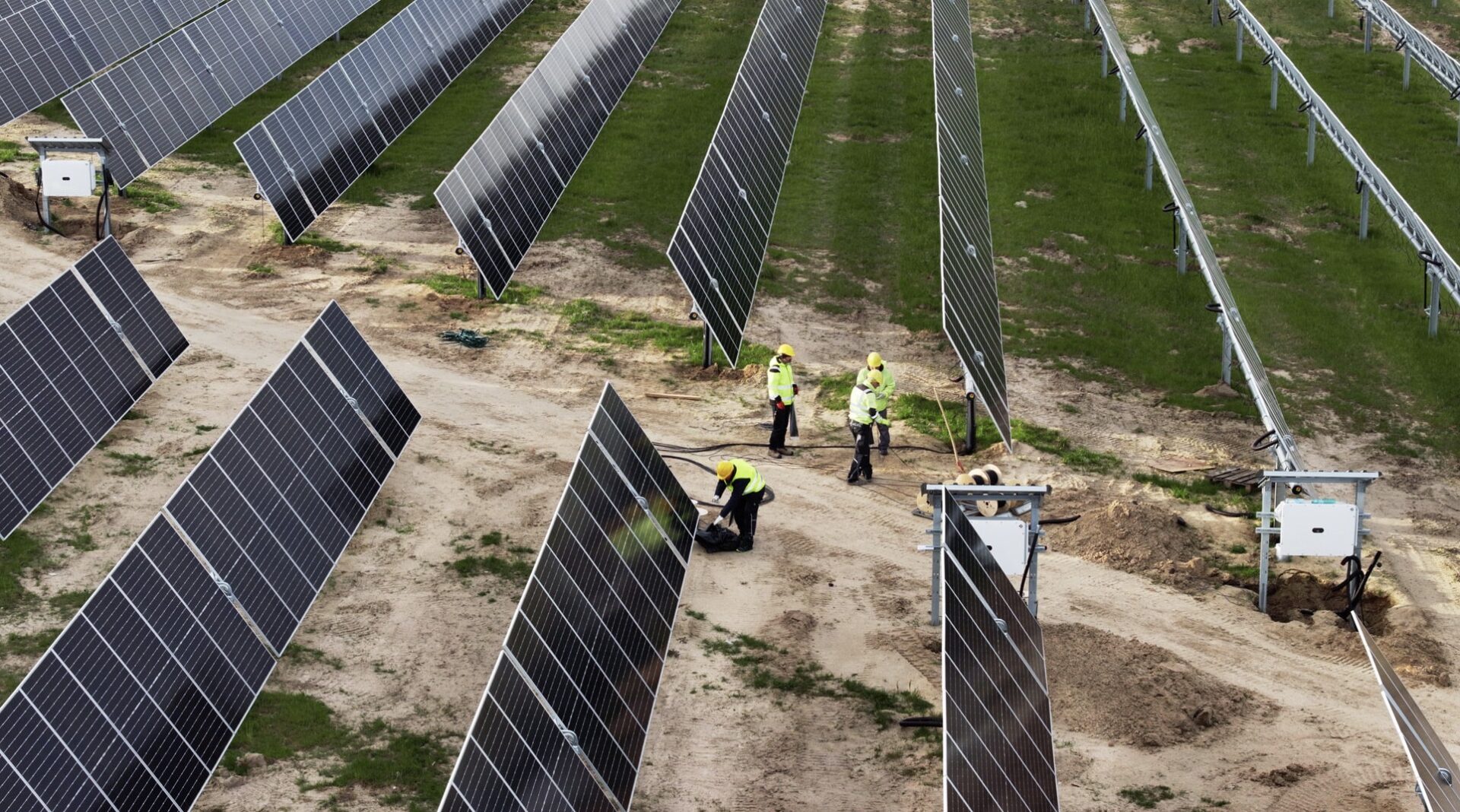
Toronto Axes Plan for Cheap, High-Speed Internet for Low-Income Households

According to The Star, the City of Toronto is abandoning plans for a municipal broadband service that would provide low-cost, high-speed internet to low-income residents.
Following skepticism from members of Mayor John Tory’s executive committee and lobbying of politicians and officials by Canada’s telecom giants over the last month (particularly Bell and Rogers), the city administration on Tuesday removed key recommendations from its March 16 update to the “ConnectTO” plan that was approved by the Toronto City Council early last year.
The plan no longer advises the city to “endorse the proposed creation of a City-owned high-speed Municipal Broadband Network,” designed to, in the long-term, support municipal services, connect city-owned facilities and assets, be accessible to private internet service providers (ISPs), and “help ensure equitable access to broadband internet for residents regardless of their financial means or circumstances.”
Alice Xu, a manager in Toronto’s technology services unit, told The Star that the mention of a “municipal broadband network” in the proposal threw off some councillors on the executive committee, which is set to receive the revised ConnectTO update on Wednesday.
“It was interpreted by some that the city was going to take on the role of an (internet service provider) and directly deliver internet services to households or businesses,” instead of simply coordinating with ISPs and helping them install fibre-optic lines close to neighbourhoods to ensure better internet access for homes and businesses.
The city’s “overall goals” haven’t changed, assured Xu. City staff are now working on interconnecting and centralizing Toronto’s fibre network. When extra broadband capacity is created, she said, staff will report back on how city networks can work with ISPs to “bridge the digital divide and support the economy.”
The proposal would have leveraged existing city fibre to expand internet access and reduce the overall capital cost of laying down last-mile connections to customers for ISPs. This would have ultimately driven down the cost burden on end-users, especially low-income Torontonians.
“We’re trying to ensure that the city has a strong voice and we’re not just leaving it to the private sector to dictate where they’re going to invest and which communities they go and serve,” said Lawrence Eta, Toronto’s chief technology officer.
“We wouldn’t need to get into this space if access and affordability wasn’t an issue.” Canadians already pay some of the highest prices for internet and wireless in the world.
Back in March, Bell wrote in a letter to Toronto officials their internet efforts “would duplicate network infrastructure already in place.” Instead of spending money on broadband, Bell says Toronto should “instead focus on tackling poverty and assistance for low-income citizens throughs subsidy programs.”
The Star notes lobbying records indicate Councillor Paul Ainslie was contacted by Rogers, however, the official says he did not read the email, but instead noted his conclusions on ConnectTO was based on his own research, specifically duplication of existing private sector services and costs of the project for the city.
The decision to abandon the municipal broadband plan disappointed anti-poverty group ACORN. “It’s very frustrating to see this issue we’ve been working on for many years, with the municipal government, all of a sudden gets confused and is threatened,” said ACORN member Alejandro Gonzalez Rendon.
Mayor John Tory, currently on the Rogers board and formerly an executive at the telco with ties to the family, recused himself from ConnectTO discussions.
The project is far from axed, however. “We will likely report back to council again, in 2023 or 2024,” said Xu.

